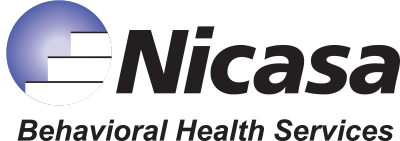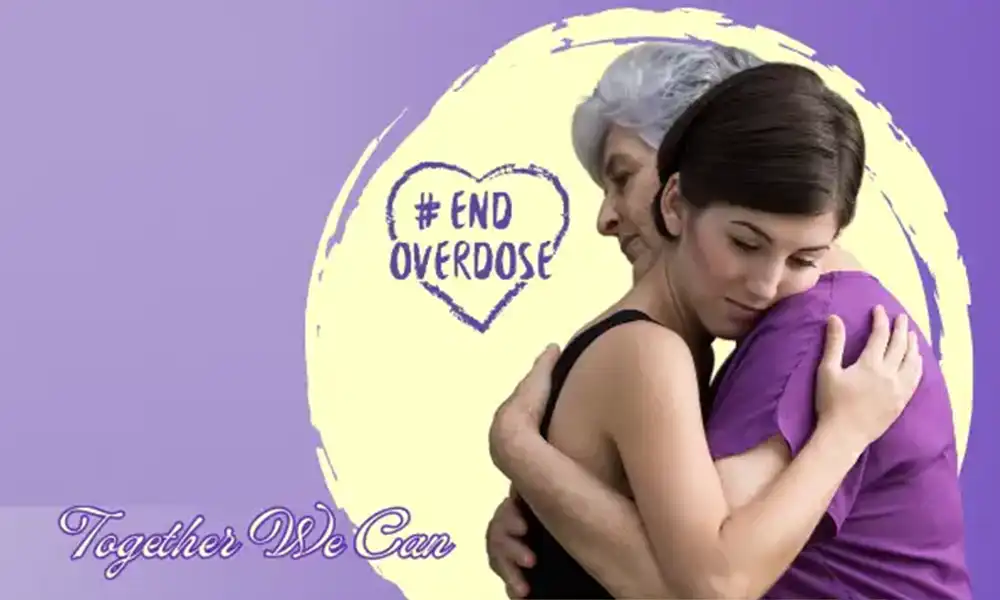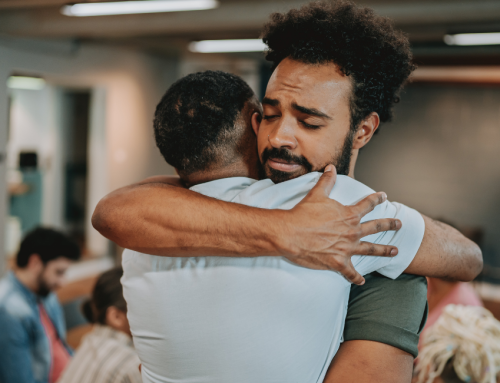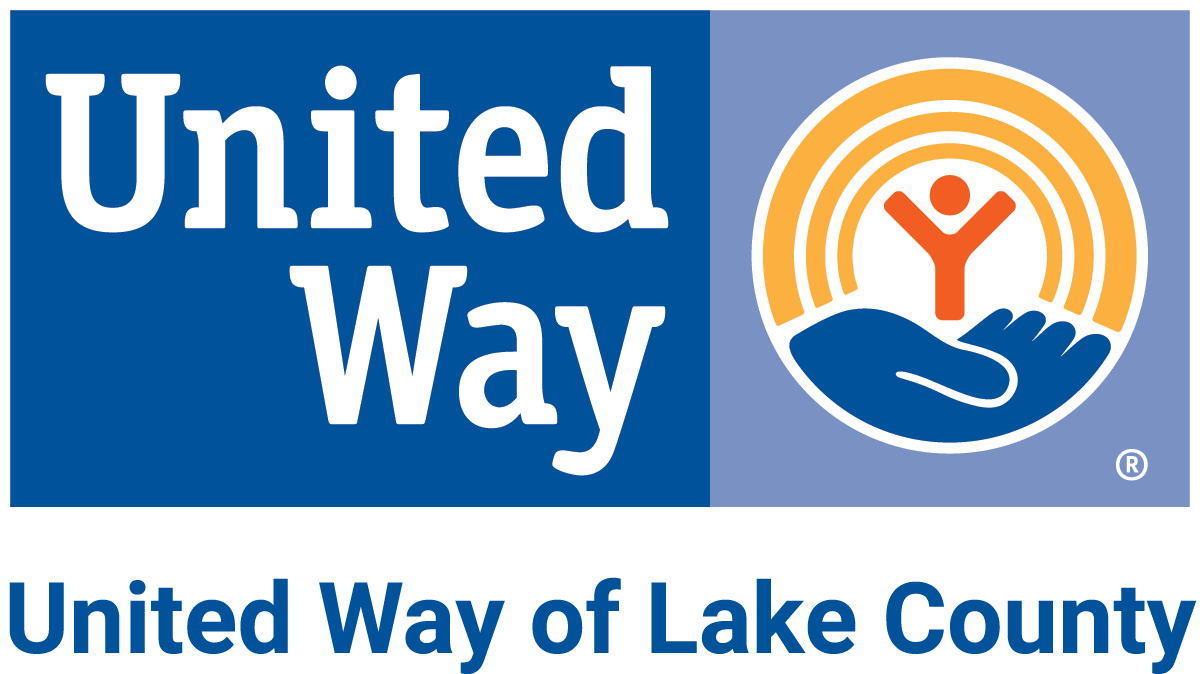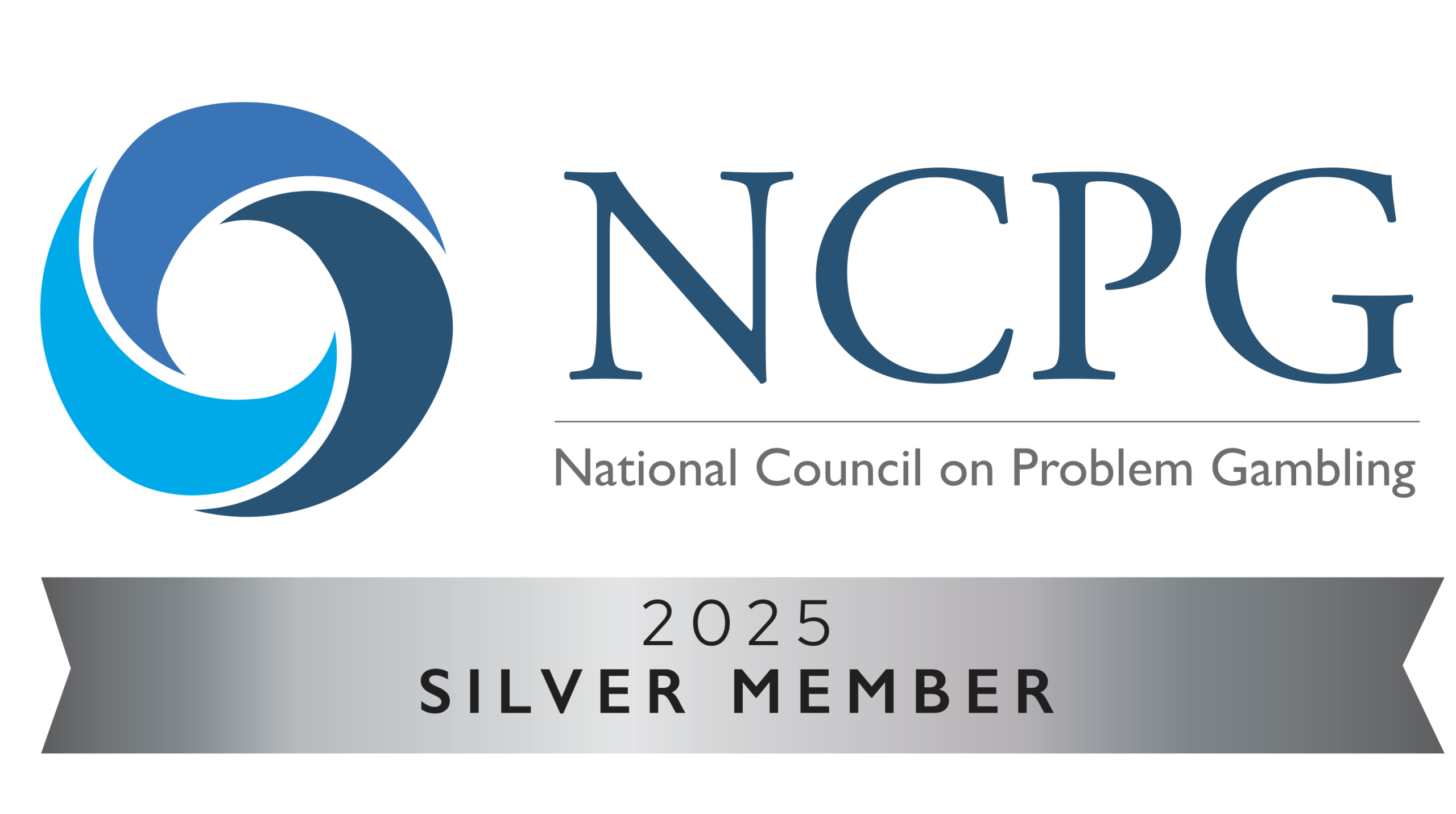August 31st is International Overdose Awareness Day. Nicasa Behavioral Health Services sees that this is not something only one entity can take on alone. Behavioral health and social service concerns do not occur in a vacuum. The effects of substance use, and overdose have boarder ripple effects. These individuals may not know, but they are never isolated nor alone in this, and their lives are cherished, remembered often by their friends, families, loved ones, classmates, colleagues, and those they impacted in their communities. Together we can end drug overdoses, but we need everyone to do their part.
Drug overdose is not a uniquely American phenomena, but it is one of the leading causes of death for our nation. In 2023, an estimated 107,543 individuals lost their lives to a drug overdose. In Lake County, IL 132 overdose deaths were reported in 2023 with approximately 71% involving fentanyl.
That is an estimated 3,871,548 years of life lost to substance overdose. Those are years of love, laughter, life, and hope lost in a few moments time. Opioid overdose deaths are preventable. We remember those individuals who have been taken by overdose and offer support to friends, families, and loved ones of those who have been lost.

We also honor those who have survived and offer help during any part of their healing journey.
We are committed to our part in the fight to end overdoses. Nicasa is dedicated to spreading awareness by offering facts, resources, and support, as well as providing treatment and recovery services to those who have been both directly and indirectly impacted by overdoses.
Not All Overdoses Look the Same
Many people are informed of what an overdose can look like through movies and television shows. While some depictions are more accurate than others, there are many different symptoms of an overdose depending on the type of substance a person consumed. As opioid misuse has reached a level of being categorized as an epidemic, many people believe the only overdoses that take a life are from opioids, but there are many other substances from which people can experience dangerous outcomes as well. American Addiction Centers provides a quick guide of overdose symptoms for different substances.
Four common categories of substance use are:
- Alcohol
- Opioids, including heroin, fentanyl, and certain prescription pain relievers and other illicit substances
- Benzodiazepines, including diazepam (Valium), alprazolam (Xanax), clonazepam (Klonopin), other prescription medications and illicit substances
- Stimulants, including methamphetamine, cocaine, and certain prescription medications
Some signs and symptoms of an alcohol overdose or poisoning include:
- Marked mental confusion or stupor.
- Difficulty staying conscious (or being completely unconscious).
- Lack of responsiveness or unable to be woken up by others.
- Seizures.
- Vomiting.
- Gurgling sound when breathing (could potentially be suffocating on vomit).
- Slow or irregular breathing.
- Heart rate that slows or stops.
- Very low body temperature.
- Pale or blue-tinged, clammy skin.
Some signs and symptoms of an opioid overdose are:
- Loss of consciousness.
- Markedly constricted or pinpoint pupils.
- Breathing difficulties (slowed, labored, and/or irregular breathing).
- Respiratory arrest (completely stopped breathing).
- Choking, gurgling, or snoring sounds.
- Blue or purple lips or fingertips.
- Being unresponsive to loud noises, shaking, or painful stimuli.
Some signs and symptoms of a benzodiazepine overdose are:
- Profoundly impaired mental status.
- Confusion.
- Slurred speech.
- Slowed, labored breathing.
- Coma.
Some signs and symptoms of a stimulant overdose are:
- Dangerously increased body temperature.
- Hyperventilation or rapid breathing.
- Rapid or irregular heartbeat.
- Very high blood pressure.
- Cardiovascular events (e.g., stroke, heart attack, circulatory compromise).
- Panic.
- Hallucinations.
- Paranoia and psychosis.
- Aggressive behavior.
- Seizures and convulsions.
Response Time Is Important
Regardless of the substance, time is the most critical part of overdose recovery.
If you find a person unresponsive or in distress: CALL 911 IMMEDIATELY.
There are laws, often referred to as Good Samaritan laws, in Illinois and other states that protect you from actions you take in good faith to assist a person in need. Be cooperative with the 911 operator as they will send appropriate emergency service responders to you quickly. They will also give you supportive measures to help the person until first responders arrive.
If you have Narcan or Naloxone products available, you can provide them as the package instructions indicate.
Narcan, or Naloxone, Is Inactive Unless You Are Experiencing an Opioid Overdose
While Narcan can reverse an opioid overdose, you can still give it to some who is experiencing other kinds of overdoses without fear of further hurting them. More often illicit substances contain opioid products in them. Unfortunately, many individuals are often unaware of this prior to use, or misunderstand their tolerance.
If accidentally administered to someone who is not experiencing an overdose, there is no harm either. Narcan and Naloxone only attach to opioid receptors and block the body from absorbing any more opioids into the system, so there is no medical harm that happens when given to someone who is sober.
Additional Resources
Nicasa offers FREE Narcan and test strips for both fentanyl and xylazine. These products are crucial for reducing harm involved with substance use and overdose reversal. Stop by any of Nicasa’s outpatient offices to receive free training on these products.
Nicasa is proud to be able to provide this valuable, life saving tool to members of our community and assist Lake County first responders with training and access. Nicasa can also provide training and additional resources for those looking to educate their community and workplace. Please contact our Deflection Coordinator, Andrea Usry, at ausry@nicasa.org for more information or to schedule a training.
If you, or a loved one, is experiencing concerns with substance use and/or other challenges, please contact Nicasa Behavioral Health Services at 847-546-6450 or email info@nicasa.org.
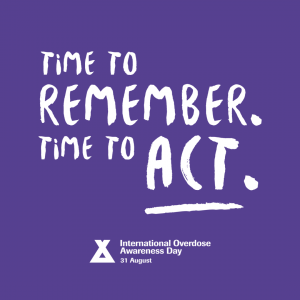
Share This Story, Choose Your Platform!
Browse Topics
- Community Services / Coalitions
- Company News
- Diversity, Equity, Inclusion, & Justice (DEIJ)
- Driving Under the Influence (DUI)
- Early Intervention
- Education
- Gambling
- Harm Reduction/Deflection
- Life Experiences
- Mental Health
- Messages of Solidarity
- Prevention
- Recovery
- Sober Celebrations & Activities
- Social Services
- Substance Use
- Teen/Youth
- Treatment
- Uncategorized
